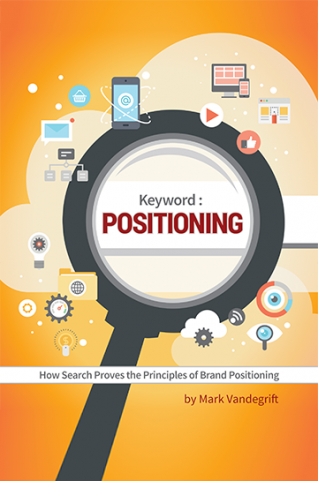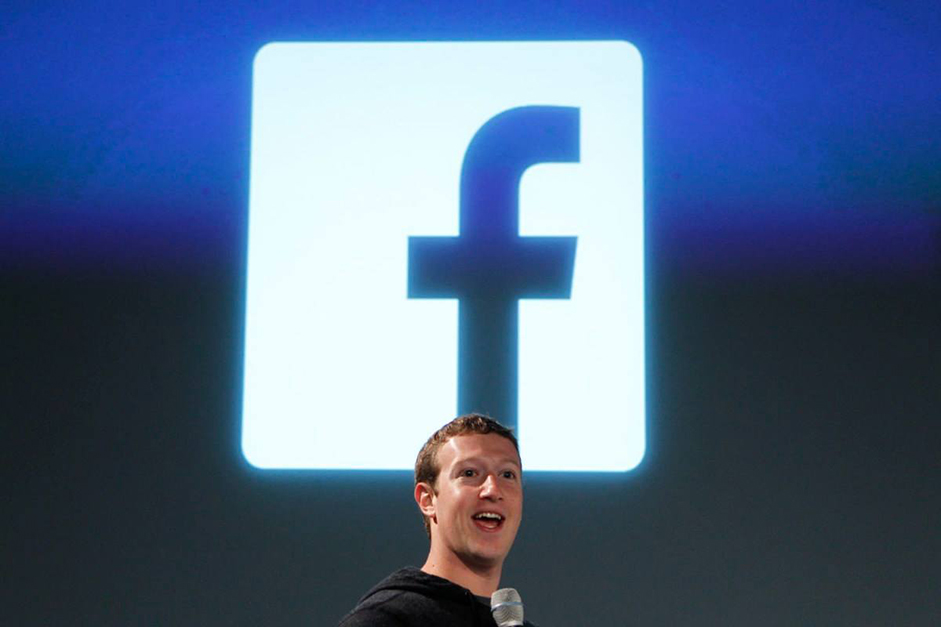Making predictions is risky business, but putting our heads in the sand might be even riskier.
As we begin another year, it is customary to look ahead and make decisions about where things are going. To that end, it would pay to heed the advice of J. Paul Getty: “Bank on the trends and ignore the tremors.”
George Orwell’s 1949 novel “Nineteen Eighty-Four” looked ahead. It was about an unpleasant time 85 years in the future, 1984, when there would be perpetual war along with the all-knowing and controlling Big Brother.
It’s 2018, and many are still asking, did Orwell’s dystopian world come to pass?
In the world of business, we witnessed the power shift from the agricultural industry to the industrial manufacturers in the early 1900s. Jump to the end of the 1900s and witness the power shift to the distribution channel: “big box” retailers Walmart, Home Depot, Costco, Target, Best Buy and others.
With the power of the personal computer on our laps and smartphones in our hands, the next paradigm power shift began around the turn of the century. The power moved to the individual — the consumer. We have so much information available at our fingertips. If Orwell were alive today, we’d bet he’d be pleasantly surprised.
The story doesn’t end here. Power is shifting more swiftly. As with all the other shifts, something unexpectedly intervened: Big Data.
Big data and algorithms
Algorithms eat big data for breakfast, lunch and dinner. It’s what enables algorithms to get smarter and smarter. As algorithms are exposed to more and more data, they can adapt and learn independently. This is referred to as artificial intelligence.
This technology actually has been around for a few decades. The difference today is the vast amount and availability of data — big data. Big data and business decisions are forever linked.
Google updated its algorithms about 600 times last year. Its algorithms serve up search results per our queries. There is an incredible amount of technology behind making that happen so seamlessly and accurately.
Similarly, Amazon recommends products based on our searches and previous purchases. Facebook allows advertisers to target psychographic attributes in addition to demographics using its vast data on its users.
Algorithms enable text to speech, can transcribe speech better than professional transcribers, recognize facial, retinal and fingerprints, and even enable cars to be driverless.
Big data has made possible more developments than most of us can fathom. In addition to all that we’ve cited above, big data is responsible for major medical breakthroughs to painting a pretty good van Gogh.
Development is not nearly finished. Tasks that algorithms can handle are growing daily.
Growing businesses with data
There are only a handful of organizations with this enormous amount of increasingly usable and highly valuable data: Google, Facebook, Amazon, Apple, Microsoft, IBM and a few others.
Remember, we said power shifted to consumers at the beginning of this century. Now, has the power shifted from the consumer to the high-tech mammoths?
When Amazon announced it was going to acquire Whole Foods, Amazon’s stock price went up almost as much as the acquisition price, about $14 billion, the equivalent of getting Whole Foods for nothing. At the same time, Walmart’s stock dropped more than $11 billion, Costco dropped almost $6 billion, Kroger dropped more than $2 billion and Target dropped $1.5 billion.
It’s not just about our love for buying things online. It’s about big data. Companies that interact with us online are able to build intelligence about each of us automatically. This makes the algorithms smarter and mightier.
Google knows every search query you’ve ever made. Google might know more about you than anyone, including yourself. It’s because of big data. The same applies to Amazon and Facebook.
Consider what Facebook knows about its more than 2 billion users. Based on what it knows, Facebook’s algorithms decide what to put in our feed — thus shaping our reality.
Today, these companies are making almost all their money by advertising and selling us stuff. To be fair, they are working feverishly to change that.
They still want to make money, but they would like to increase our quality of life even more along the way.
Google subsidiary DeepMind Technologies is a leading artificial intelligence company that applies big data to solve just about anything and everything.
Last year, its team beat the world’s best player of Go, a well-known game in China much more complicated than chess due to is near infinite number of possible moves. No one expected a machine to beat a human in this game.
What big data can do
This year, DeepMind is focusing on its health division to teach its software to analyze medical data at the level of a seasoned physician.
IBM’s Watson defeated two of “Jeopardy’s” best players and is now working with doctors to find the best cancer treatments, among many other noble undertakings.
Big data is empowering algorithms. It’s a form of artificial intelligence. It’s everywhere, helping people and companies make better decisions. Nearly all of us interact with algorithms operating quietly behind the scenes every day. What does this trend mean for you? What does it mean for your business?
Unless our heads are stuck in sand, I predict we’ll gain further insight about those questions in 2018. Big data and business will develop an even tighter bond.



